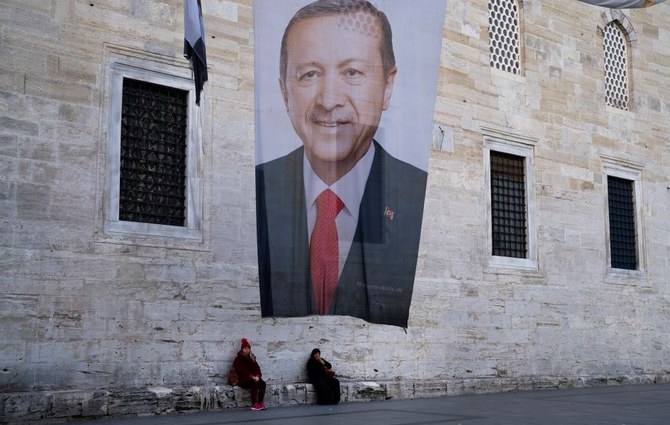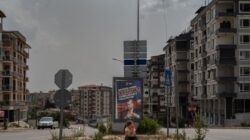In a surprising turn of events, Turkey’s ruling Justice and Development Party (AKP) faced a significant setback in the local elections held across the nation. The main opposition party, the Republican People’s Party (CHP), emerged victorious in numerous provinces, marking its largest triumph since 1977.
Sunday’s elections, viewed as a litmus test for national sentiment, reflected widespread discontent among voters grappling with a crippling cost of living crisis.
The spotlight was on Istanbul, where incumbent Mayor Ekrem Imamoglu, a vocal critic of President Recep Tayyip Erdogan, secured a resounding re-election victory against AKP candidate Murat Kurum. Erdogan had previously suggested that control of Istanbul could determine national dominance in future general elections.
Imamoglu’s victory in Istanbul, a city with significant economic and political clout, underlines the shifting tide in Turkish politics. The metropolis accounts for a third of Turkey’s economic output and hosts 18 percent of the country’s population, with an annual budget of $16 billion.
The outcome of Sunday’s vote solidifies the CHP’s position as the leading party, now controlling 36 out of 81 provinces. President Erdogan acknowledged the defeat, emphasizing that it signifies a turning point rather than a conclusive end for the AKP.
Analysts interpret the results as a rebuke to the Erdogan government’s authoritarian tendencies and economic policies. The electorate rewarded opposition figures who prioritized reform and unity over internal strife.
Ekrem Imamoglu’s re-election in Istanbul is expected to galvanize the Turkish opposition, positioning him as a potential challenger to Erdogan in future presidential races. Similarly, Mansur Yavas, the incumbent mayor of Ankara, retained his position by a significant margin.
Political scientists highlight the significance of voter turnout, which stood at 76 percent, signaling a decline from previous years. The AKP’s diminishing support can be attributed in part to the emergence of several right-wing and Islamist parties competing for votes.
Moving forward, Imamoglu’s leadership and his ability to foster a nationwide coalition are seen as pivotal in steering Turkey towards inclusive economic development and secular democracy.
While Erdogan may seek to stabilize the economy, experts doubt the sustainability of current policies, particularly amid soaring inflation. With opposition mayors now in control of major municipalities, Erdogan’s influence over municipal services and bureaucratic appointments may diminish.
The election results also foreshadow potential power struggles within the AKP, as Erdogan faces challenges from within his own party. Analysts predict that figures like Imamoglu and Yavas may contemplate presidential bids, posing a formidable challenge to Erdogan’s dominance.
As Turkey grapples with the aftermath of these elections, the prospect of a transition to a parliamentary system looms, reflecting broader shifts in the country’s political landscape.







